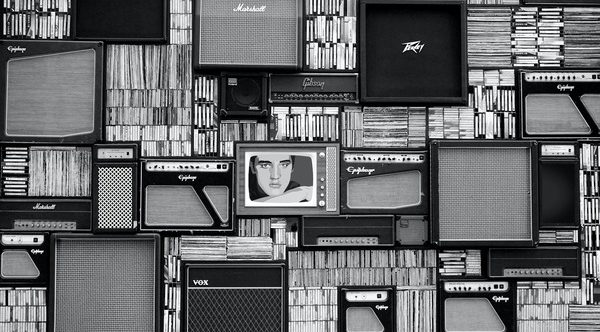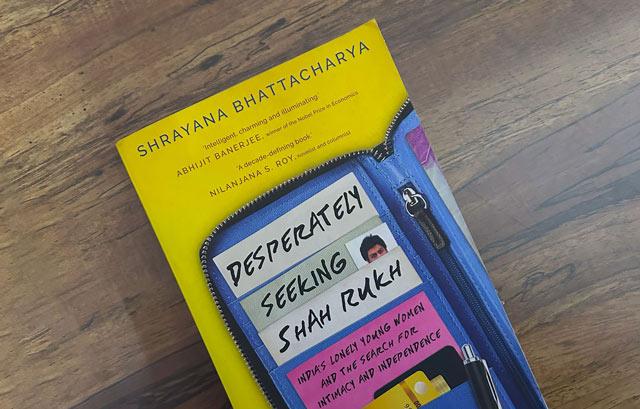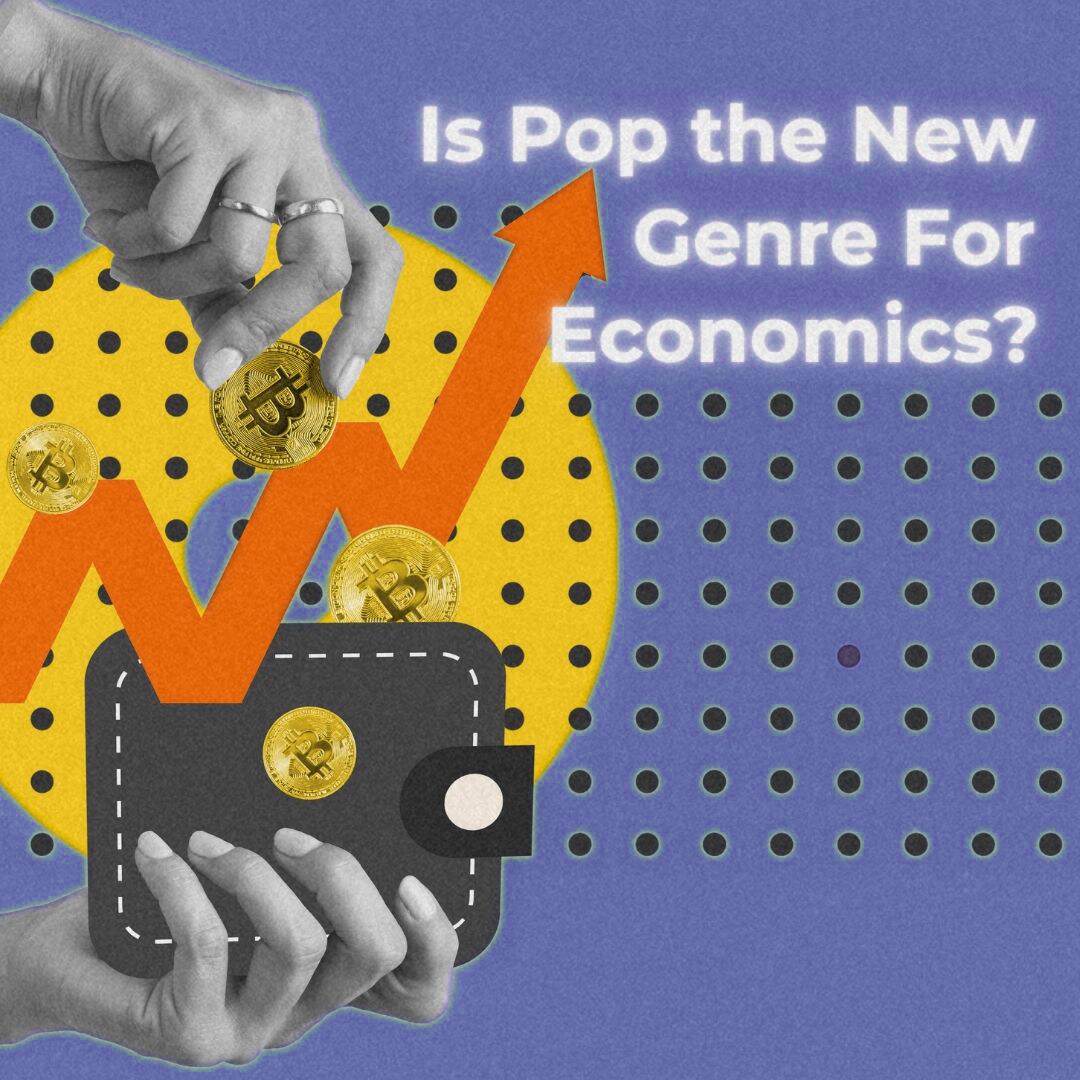Overview:
- Pop culture is deeply ingrained in our daily life, providing insights into societal preferences and behaviors.
- Modern economics, unlike traditional economics, delves deeper into problems as it is rooted in psychology.
- Mass media’s pervasive influence makes pop economics relevant, impacting personal choices and perspectives.
- Pop culture references enhance the relatability of economics education, fostering student responsiveness and interest.
Pop Culture: The New Norm for Economic Research
Economics is all about the allocation of scarce resources. Majorly, we think of economics on a larger scale, involving production and consumption within huge firms and companies. But more often than not, every economic theory surfaces from households as an individual unit. This is the reason why with time, the study of economics has become dependent on social and cultural factors.
Consequently, pop culture has become the new norm for finding out more about people’s lives. This form of entertainment is ingrained in our lives way more than you can imagine. The best way to prove that statement is by looking around ourselves. We’ll find stacks of fictional books, a television with nearly every OTT subscription, posters of our favorite movie stars, and multiple playlists for different occasions on our phones.
According to the International Federation of the Phonographic Industry (IFPI), every person listened to an average of about 20.7 hours of music per week in 2023. This is just one scenario, now imagine the time a person spends on movies, books, animations, and more.

Economics, as seen through the lens of pop culture can be considered one of the biggest examples of Evolutionary Economics. This term was proposed by economist Thorstein Veblen, who saw society from a sociological perspective, claiming that society is ever-changing. Therefore, economic systems must be dynamic to keep up with the changes that society brings following every interaction of individuals.
“The theory that can absorb the greatest number of facts, and persist in doing so, generation after generation, through all changes of opinion and detail, is the one that must rule all observations.”, Adam Smith, The Wealth of Nations, 1776
Is Evolutionary Economics Always Good?
One of the examples of evolutionary economics can be seen in online surveys. Online surveys as a research tool have been known for quite some time. However, many economists still rely on conducting research themselves or depend on enumerators for official census data. Online surveys are similar to conducting telephonic interviews, if not worse (from an economist’s perspective) due to the lack of physical engagement.
Many researchers feel telephone or web-based surveys are detached and can be highly false. They prefer to have face-to-face interviews to make out the truth, like how comfortable the respondent is while answering questions. However, under the circumstances of the COVID-19 pandemic, this wasn’t possible.
In India, there is a decennial census that tells us everything from population numbers to the country’s demography. However, during the COVID-19 pandemic, the 2021 census couldn’t be conducted, which in turn had policymakers rely on old data. An abundance of research couldn’t be undertaken individually, making everyone rely on secondary data or web-based searches.

This situation called for the increased amount of online surveys which was considered as the next best option. Even in schools and universities, tools like Google Forms were used way more, and now online surveys have become a trend. This was also an evolution in economics which occurred from a compelling situation, but it wasn’t the most trustworthy method.
How Modern Economics is Different from Traditional Economics
Traditionally, economics consider every unit in society to be rational, especially the legal institutions such as the government. However, modern or behavioral economics is generally rooted within the psychological factors of human beings. The concept of logic is enclosed, and more space is given to embedded influence and even failures.
Shrayana Bhattacharya, an Indian economist sets the example of utilizing pop culture in her book “Desperately Seeking Shah Rukh”. Instead of using traditional economics in her work, she referenced Shah Rukh Khan, an Indian pop icon, to appeal to women all around the country. Her understanding stems from the connection of the very modern ability of humans to attain entertainment.
Shrayana Bhattacharya explains the need for financial independence for women. Exploring concepts of money, time, beauty, and marriage by using Shah Rukh Khan as an instrument of research. The disparities between male and female labor forces, the inclusion and safety of women in the employment sector, and the faint statistics of women in leadership roles.

All these elements are widely understood in the current era. While traditional economics only defines the state of women in the economy through numbers, modern economics goes a step further. Traditional economics would simply conclude that the role of women is highly underestimated. That women’s unpaid work must be recognized and they should also have higher chances to participate in the economy.
Modern economics, through the lens of pop culture in Shrayana’s book, goes beyond that. She expresses how these issues can affect a woman’s life. For example, the dependence of a woman on her spouse wards off her ability to buy a movie ticket for herself. The pleasures and enjoyment in her life must be aligned with her husband’s agreement.
Relevance of Pop Economics
Mass media, from the series on your TVs to paparazzi culture, makes pop economics relevant. This is because of the increase in media representation for anything and everything. Massive audience appeal is the reason for this escalation in digital media. An average person spends about 145 minutes using social media apps daily. We can assume by now that pop economics is relevant when we see people using their most precious commodities– time and money– on it.

Pop culture is pertinent not only as an instrument for economic research but also as a gateway for economic activity and knowledge. Even a romance TV show set in the Regency era gives audiences awareness of the transaction processes of that time. When we see dystopian TV shows such as ‘Squid Game’, we subconsciously compare the desperation of money portrayed in the show to real life. We rethink our choices and try to figure out how we should act in that state of economy. We weigh in all the aspects of our life, from our emotions, and morals, to our state of livelihood. Then try to balance those with the current resources we have.
Pop culture has, therefore, become a relatable tool for people to cross-question several aspects of their lives. In universities, immersing pop cultural references has made economics more relatable as a subject for about 98.8% of students. Establishing concepts of supply, demand, and opportunity cost using pop cultural references has made students more responsive and empathetic towards situations. For example, if your neighbor played Taylor Swift’s music loudly in the middle of the night, would you consider it a negative externality if you enjoy the music even when you are getting less sleep?
Conclusion:
Pop culture sparks different sentiments in people which can be used collectively to reach a conclusion as a whole for a society. Using economic models that consider statistics as gospel will not always give us the hard truth. Having emotions as a central element in empirical data helps us delve deeper into the influences and effects of a situation.


